Agenda & Speaker Bios
The Cultural Context of Substance Use Recovery

This day is devoted to highlighting and amplifying the positive features of substance use recovery efforts that incorporate cultural factors. Presenters will offer content and guidance in recovery practice.
Topics & Key Takeaways:
-
- Treatment challenges and the legalization of substances
- Cultural strengths and assets in substance use treatment: promising practices and models
- Integrative care in substance use treatment
- The relationship between substance abuse and eating disorders
- The science of recovery
- Friday 6/7/24
- 9:00AM – 4:00PM (AKDT)
- 6 contact hours of continuing education
- Cost: $40
Continuing Education Activities:
6 Contact Hours - May apply towards substance abuse hours or as general continuing education hours.
Agenda
| Time | Topic | Presenter(s) |
| 9:00 AM | Welcome | Yvonne Chase, David Moxley |
| 9:00 AM | The Science of Recovery | Dorothy Greene |
| Moderator | Seta Kabranian | |
| 10:00 AM | Q&A | |
| 10:30 AM | 15 Minute Break | |
| 10:45 AM | The Realities of Navigating Racial Bias to Access Equitable Treatment - A Focus on Eating Disorders | Rachel Goode |
| Moderator | Jennifer Piffarerio | |
| 11:45 AM | Q&A | |
| 12:00 PM | Lunch Break | |
| 1:00 PM | The Biological Intersection of Substance Use and Eating Disorders | Anna Flores |
| Moderator | Bettina Kipp Lavea | |
| 2:00 PM | Q&A | |
| 2:30 PM | 15 Minute Break | |
| 2:45 PM | Exploring Canadian Social Workers's Experiences Working with Complex Mental Health and Addictions Using a Trauma-informed Lens and a Decolonizing Social Work Practice | Holly Whelan |
| Moderator | Amanda Biggs | |
| 3:45 PM | Q&A | |
| 4:00 PM | Closing remarks/ Directions for participants regarding certificates of completion/ Reminder of time for Saturday session on Ethics & Risk Management |
Speaker Presentations

Department Chair, Professor, BHS Advisor
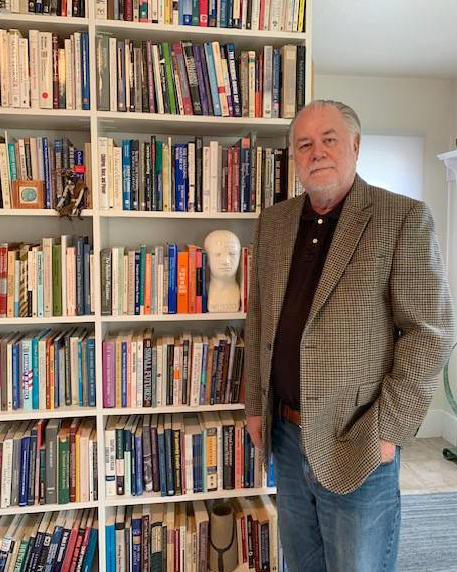
Assistant Dean of the School of Justice and Human Services
David P. Moxley, Ph.D., is highly involved in the education and professional development of human services, health, and social work professionals. His areas of work include psychiatric rehabilitation, recovery, and community building for prevention. David received his Ph.D. from Ohio State University, his DPA from Western Michigan University and NIMH Postdoctoral Fellowship, University of Michigan.
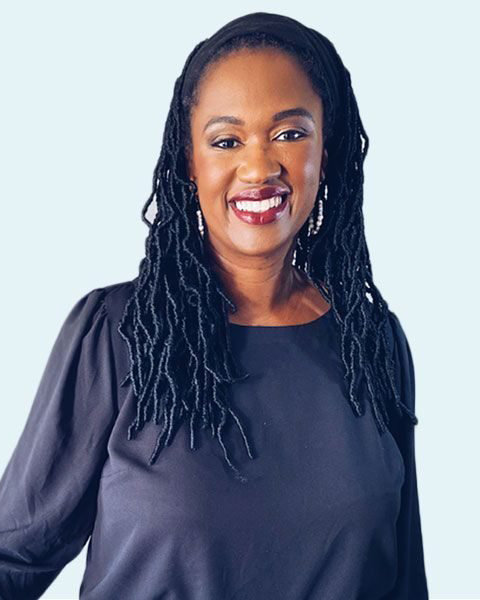
PhD, MPH, MSW, University of North Carolina at Chapel Hill
Dr. Rachel Goode is an Assistant Professor in the School of Social Work and an Adjunct Assistant Professor in the Center for Eating Disorder Excellence at the University of North Carolina at Chapel Hill. She received her PhD, MPH, and MSW degrees from the University of Pittsburgh. Her research interests include developing, implementing, and evaluating interventions to treat eating disorders and obesity. Additionally, Dr. Goode is a licensed clinical social worker and has practice experience with the treatment of eating disorders and obesity among clients in university counseling centers, and community-based mental health agencies. Her ongoing projects include a NIH Career Development Award (NIHK23129832) to develop a culturally relevant digital health treatment to treat binge eating and obesity in Black women. https://rachelwgoode.com/about/
Abstract: In this presentation, we will highlight eating disorders in Black Americans, from increased risk of binge-eating disorder, lack of access to diagnosis and treatment and cultural aspects that impact care. In addition, the presenters will expand on the issue to further clarify the factors affecting these disparate outcomes. An exploration of the environmental issues that create barriers to accessing healthcare, including cost, the impact of social media, and community acceptance, will also occur. Finally, the presenters will explore policy and community strategies to reduce bias in our mental health treatment systems and create equitable systems for all.

Assistant Professor
Seta Kabranian Melkonian was born in the Bekaa Valley of Lebanon in a family of intergenerational trauma survivors. As a result of the Armenian Genocide, her grandparents were deported from their homeland. Before moving to the U.S., she led a non-governmental organization to assist refugees, victims of war, and the neediest of the needy in Armenia and her birthplace Lebanon. Her interest remains to be migration due to war and social justice.
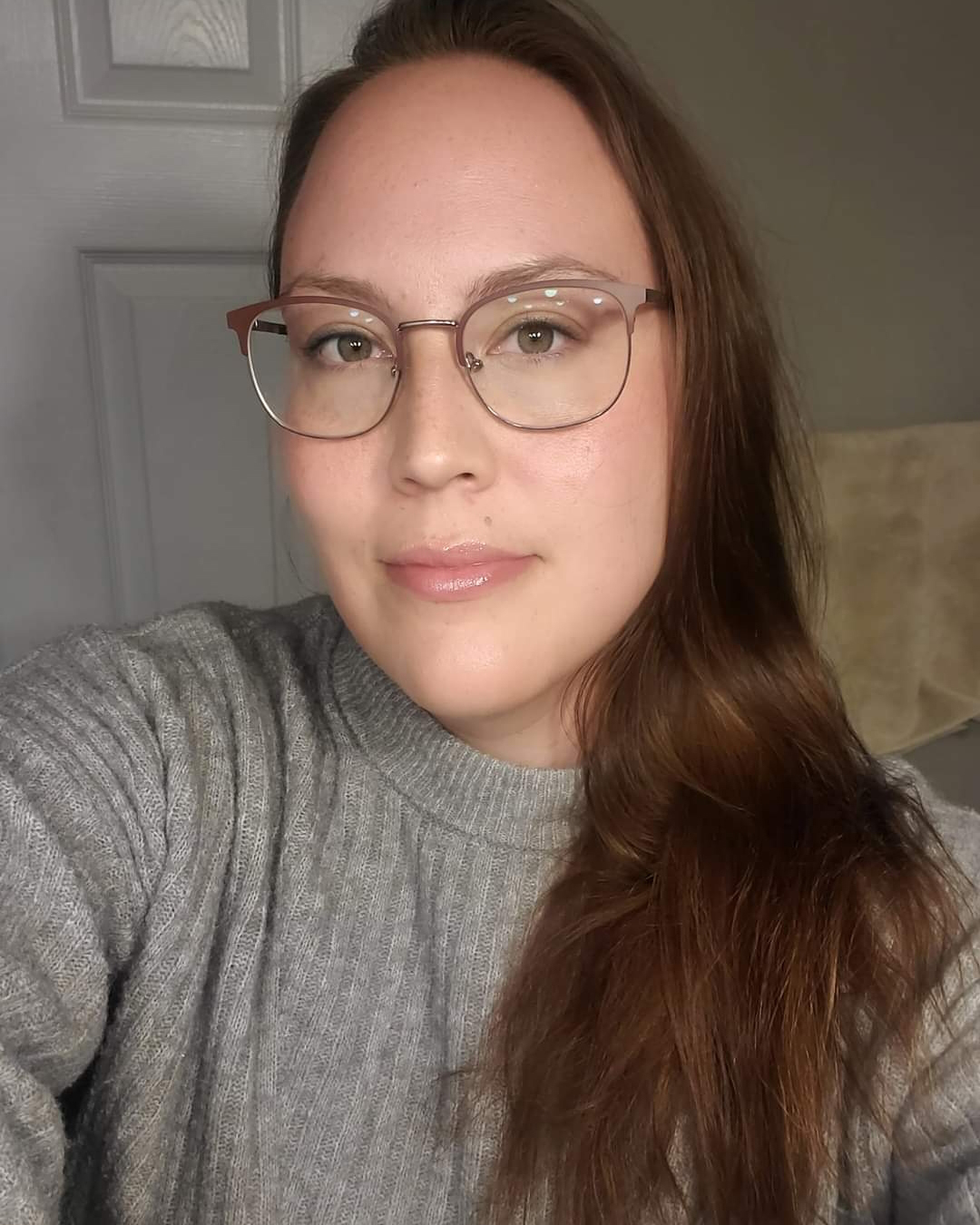
BA, BSW, RSW, CAIMHP - Eastern Health: Nape Health Professional: Addictions Counselor
This presentation is appropriate for all levels of helping professionals, from peer support specialists to MDs. The primary objective for this presentation is to examine the definitions and key elements and mechanisms of substance use disorder recovery. Participants will understand the common pathways of recovery as identified in the National Recovery Study as well as the outcomes of the study. The Life in Recovery study outcomes are also presented. This study sought to learn the primary elements of recovery from those who identified as “in recovery.” Participants will learn the value and importance of supporting diverse recovery pathways. Upon completion of this presentation, participants will be able to 1. discuss multiple definitions of recovery and identify common elements across definitions. 2. describe the prevalence of recovery in the U.S. and how recovery progresses across the lifespan 3. understand and appreciate the diversity of recovery pathways.
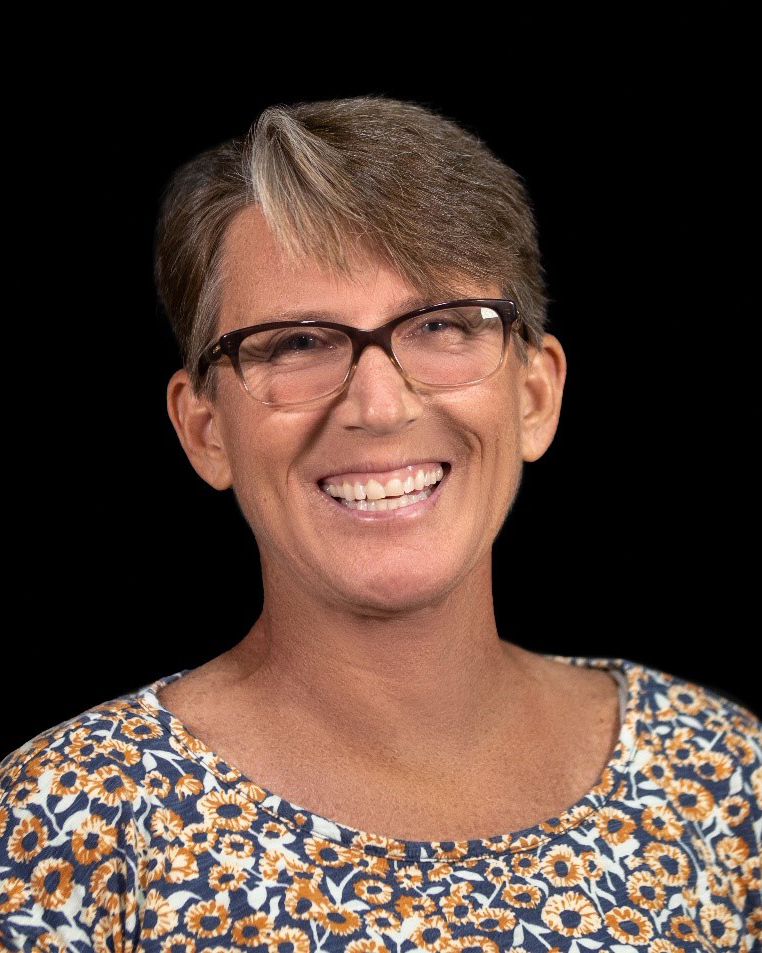
PhD, MSW, East Tennessee State University
Dottie Saxon Greene, PhD, CPRS, LCSW, LADAC II, CAADC, QCS, RYT. Associate Professor, ETSU, Department of Social Work.

Assistant Professor
Amanda serves as an assistant professor in the Department of Human Services. Her affiliation with the department started through her leadership of the Alaska Careers in Behavioral Health (AKCBH) project that supports paraprofessionals in advancing their careers through training and education. Amanda brings substantial experience to the department in experiential learning, practicum, and practice with older adults through guardianship and innovations in community support. Professor Biggs teaches and practices on the Anchorage campus.
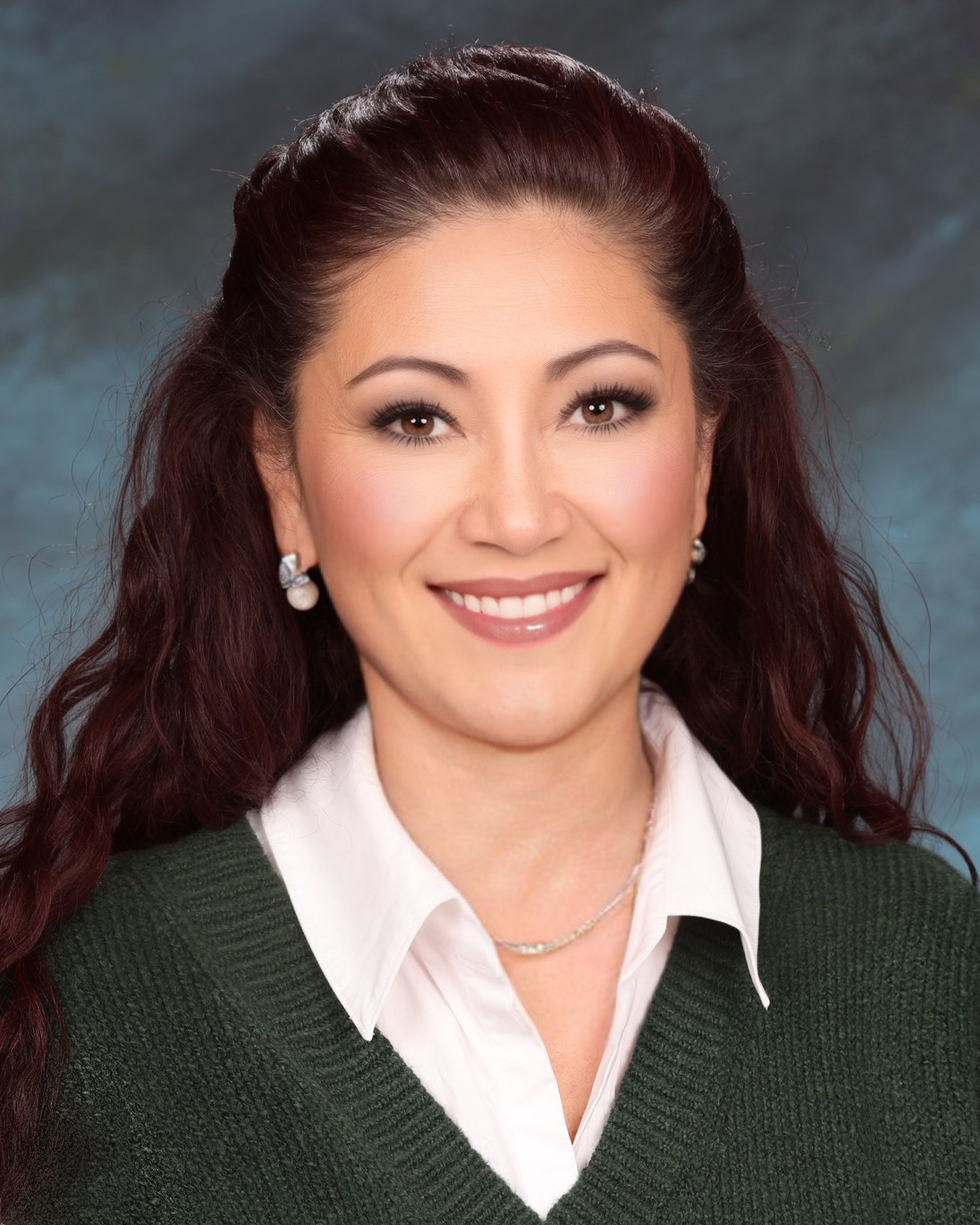
Assistant Professor
Dr. Piffarerio's unique perspective is rooted in her personal academic journey as a graduate of the Human Services program, providing her with an in-depth understanding of the department
and its educational ethos. You can find Dr. Piffarerio teaching on the Anchorage campus.
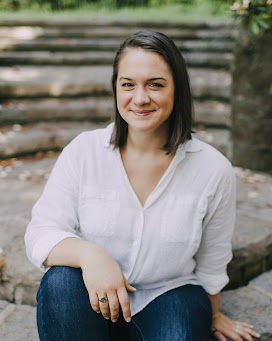
DCN, MSN, CNS Clinical Liaison, Sanford Behavioral Health, Grand Rapids, Michigan
Professor, AAS Advisor for KPC campus









